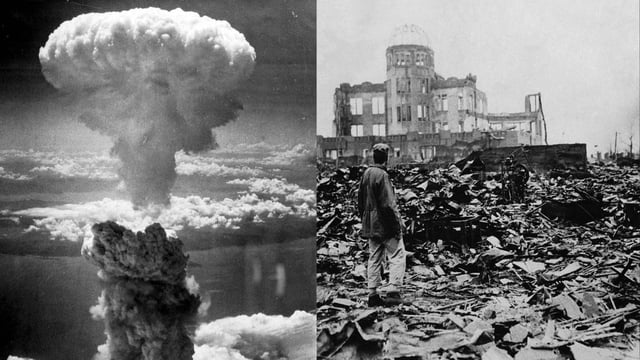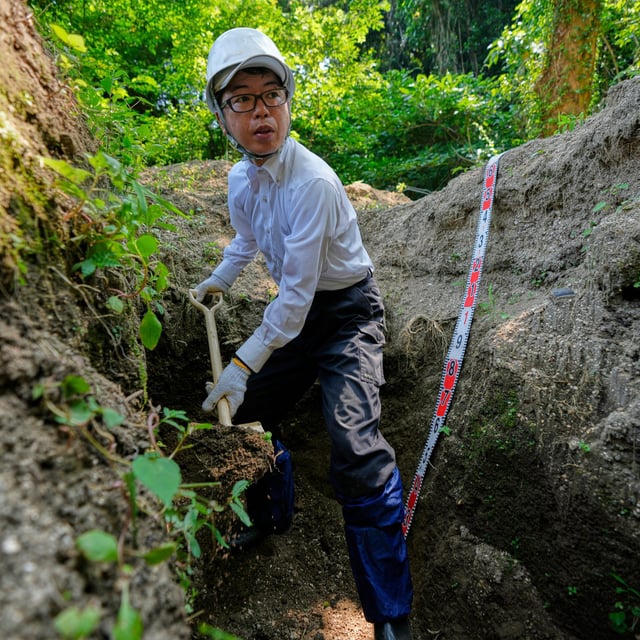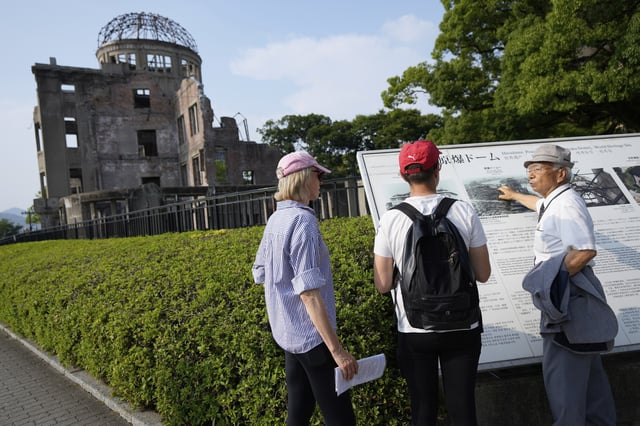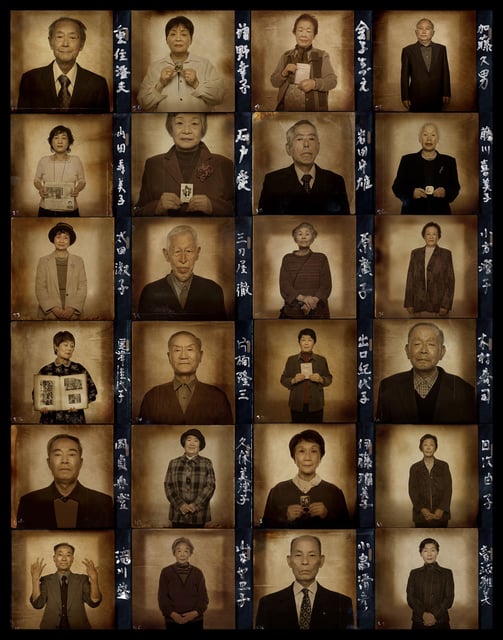Overview
- Japan’s health ministry announced it will stop its decennial survey of hibakusha living conditions and health to ease the burden on aging survivors.
- The number of registered survivors has dropped below 100,000 in 2025, with an average age of 86, marking a sharp decline over recent decades.
- Younger family members like Kyoko Niiyama are interviewing elders and preparing to act as certified memory bearers to preserve firsthand accounts.
- Individual survivors such as Kunihiko Iida and Fumiko Doi have begun speaking publicly and volunteering as guides to raise awareness of nuclear horrors.
- Nobel Peace Prize–winning organization Nihon Hidankyo and other hibakusha groups are intensifying global disarmament advocacy as geopolitical tensions rise.



